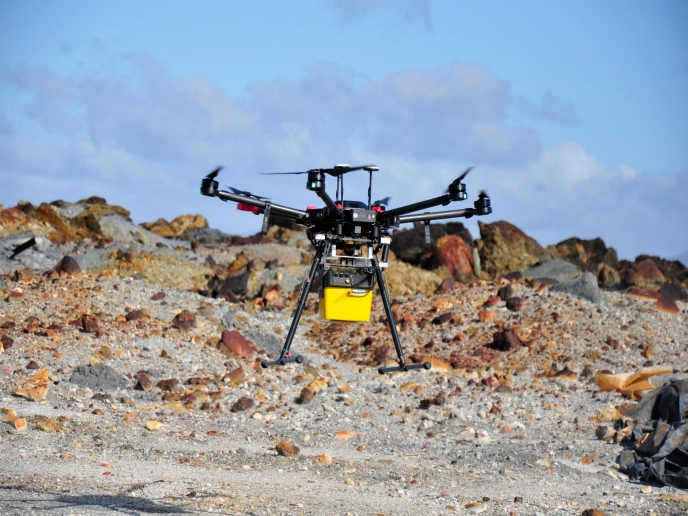Calling for a more hospitable Europe
The HOSPITABLE EUROPE project was established to complete research into prejudiced representations of the other (hostility) versus undertakings to create welcoming representations (hospitality) in Britain and Poland. The initiative extended beyond the academic realm by including in its scope the co-curation of a travelling exhibition and accompanying events (open to the public). Work focused on the link between others' lack of power and lack of visibility. The study examined representations of Jews, Roma, Muslims and other national, ethnic and religious minorities, the lesbian, gay, bisexual, transgender, questioning, LGBTQ community, refugees and other immigrants, people with disabilities and the economically excluded. HOSPITABLE EUROPE also considered social intolerances such as sexism, anti-Semitism, Islamophobia, homophobia and xenophobia in iconography and ideology. It studied acts of opposition to these fears, such as activism, political philosophy and praxis, protest movements and socially engaged art. Research led to an analysis and postulating of a social, political and cultural philosophy of equality and diversity that considers minorities' rights and participation. Project work and outcomes promote the concept of hospit-Alterity, developed and promoted by HOSPITABLE EUROPE as a political philosophy of welcoming the other. The book 'Dream? Democracy! A Philosophy of Horror, Hope & Hospitality in Art and Action' has been published and the book 'The stranger is within ourselves: Love according to Julia Kristeva' has been prepared for publication (both in English). The project co-organised and executed the Healing War through Art exhibition and academic symposium, held in the United Kingdom in 2014. Additional activities included public lectures and participation in socially-themed panels in various cities across Europe. HOSPITABLE EUROPE also gave a presentation on Equality for Foreigners and Refugees to the Polish government. Project objectives have been successfully realised, with outcomes contributing to civil society through public events such as debates, travelling exhibitions and conferences. These took place in Britain, Poland and internationally. The events helped to both develop and disseminate the study's research. There is further potential to share research results with other policymakers and civil society to bring about change in attitudes to excluded groups. The overall premise is to encourage hosting them with greater hospitality, for a more inclusive EU.







